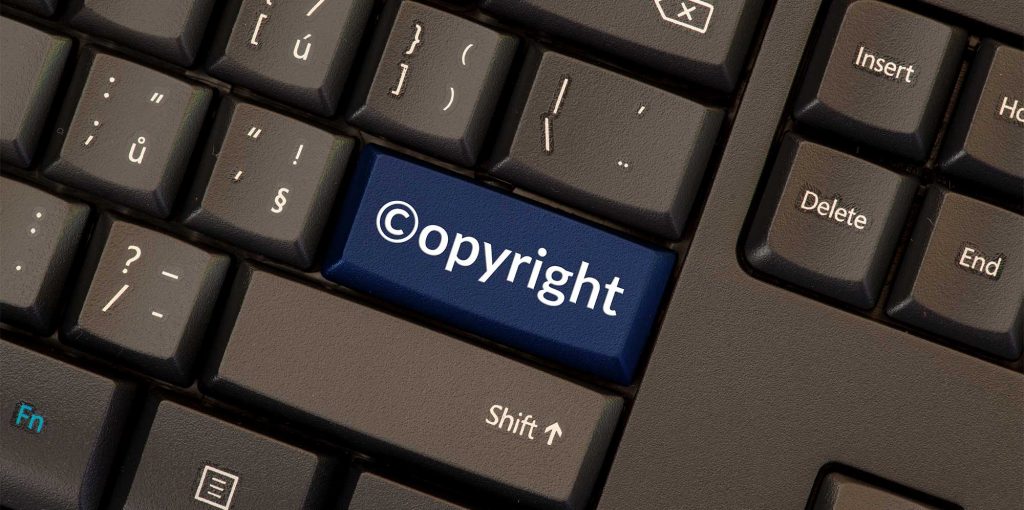Copyright Basics From the US Copyright Office and Sanders Law Group
As lawyers who handle copyright cases for a variety of creative professionals, we at the Sanders Law Group, understand the importance of knowing your legal rights. We hear many questions from people about copyright law, and to some, there are simple answers. To others, the solutions require a significant review of specific facts of a case and laws that may apply.
Luckily for many, the US Copyright Office has a website that offers lists of commonly asked questions along with basic answers. Here, we share with you some of the “general” copyright questions and answers the office shares with the public.
What Is Copyright?
It is a form of protection “grounded in the US Constitution” and granted by law for “original works of authorship fixed in a tangible medium of expression.” Copyright’s umbrella covers published and unpublished works.
What Does Copyright Protect and What Does Copyright Not Protect?
Copyright protects original works of authorship. This protection includes literary, musical, dramatic, and artistic works. It does not protect facts, systems, ideas, concepts, strategies or methods of operation. It may, however, protect the way these things are expressed (such as diagrams, written documentation, speeches or video instruction).
Does Copyright Differ From a Patent or Trademark?
Yes. Copyright protects original works of authorship. It protects the expression of ideas. These can take the form of a drawing or painting, a diagram, written text, a video recording, an audio recording, a sculpture or other expression of an idea or thought. It does not protect the thought itself.
A patent protects inventions and discoveries. Copyright does not protect inventions or discoveries but may protect how they are expressed.
A trademark is also different. It protects “words, phrases, symbols, or designs identifying the source of the goods or services of one party,” distinguishing from the goods or services of others. You cannot copyright a single word, but you may be able to secure a trademark that protects that word for a particular usage in a particular classification of goods or services.
When Does a Copyright Protect My Work?
As soon as your work is created and fixed in a tangible form, it is under the protection of copyright. Your work must be perceptible directly or with the help of a device.
Must I Register With the US Copyright Office to Receive Protection?
No. Registration is not required. Copyright exists at the very moment you create the work. If you want to bring a lawsuit for copyright infringement of a US work, you will have to register with the US Copyright Office.
Are There Other Reasons to Register My Work?
Some choose to register their work with the US Copyright Office because they want a public record of the facts of their copyright and the certificate that comes with registration.
Also, registering your work means that, in the event of successful copyright infringement litigation, you may be able to collect attorney’s fees and statutory damages.
Another reason to register your work is this: If you register your work within five years of publishing it, it is considered “prima facie” evidence in court, helping to prove that you were the original author of the work.
What is a “Poor Man’s Copyright?”
A “poor man’s copyright” is the practice of sending a copy of your original work of authorship to yourself. Nothing in the US Copyright Law addresses this type of protection, and it is not a substitute for registering your copyright.
Is My Copyright Good Outside the United States?
The US has copyright relationships with many countries around the globe. These agreements mean that we honor the copyrights of each other’s citizens. However, we do not have copyright relationships with every country. To learn more about our copyright relationships with specific countries go to: https://www.copyright.gov/circs/circ38a.pdf
Contact Us if You Are Concerned About Your Rights Under Copyright Law
Call the Sanders Law Group, if you need help protecting your legal rights under copyright law. We are dedicated to ensuring that photographers and other creative professionals are treated with the fairness and respect you deserve.
Call our copyright lawyers representing clients around the globe, today at (800) 979-3707



